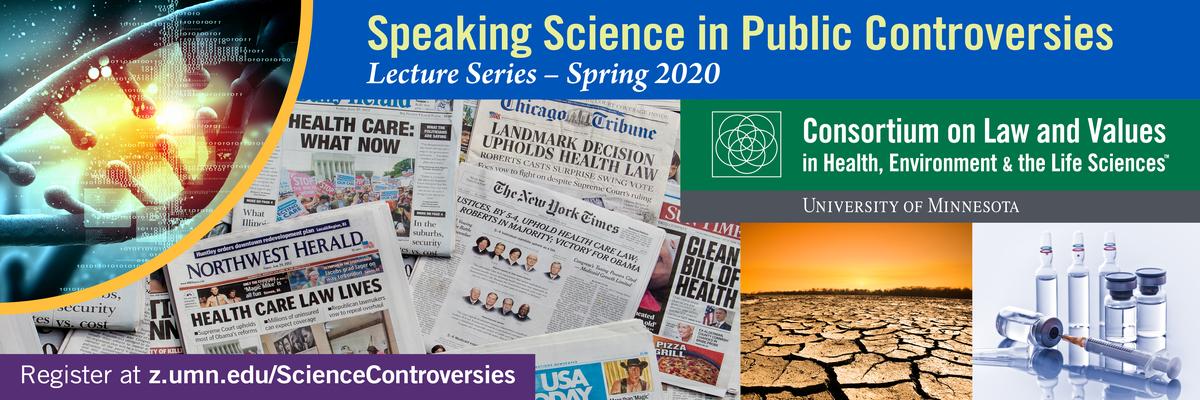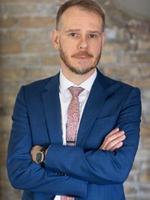
Mississippi Room, Coffman Memorial Union
Dietram A. Scheufele, PhD
Taylor-Bascom Chair in Science Communication and Vilas Distinguished Achievement Professor, University of Wisconsin-Madison and Morgridge Institute for Research
Modern science across disciplines is increasingly faced with often controversial public debates surrounding its societal applications. Genetically modified organisms, AI, and human genome editing are just a few recent examples. How do we all form policy stances about emerging technologies we know little about? Why are we as a society sometimes so divided in our interpretations of scientific facts and phenomena? What role do media, especially in online environments, play in this process? And what pathways, if any, are there toward better policy discourse around emerging science?
Commentator:
Emily K. Vraga, PhD
Associate Professor
Don and Carole Larson Professorship in Health Communication
Hubbard School of Journalism and Mass Communication
University of Minnesota
Moderator:
Susan M. Wolf, JD
Chair, Consortium on Law and Values in Health, Environment & the Life Sciences
McKnight Presidential Professor of Law, Medicine & Public Policy
Faegre Baker Daniels Professor of Law
Professor of Medicine
University of Minnesota
Continuing Education Credits:
Continuing Medical Education
Accreditation Statement
In support of improving patient care, University of Minnesota, Interprofessional Continuing Education is jointly accredited by the Accreditation Council for Continuing Medical Education (ACCME), the Accreditation Council for Pharmacy Education (ACPE), and the American Nurses Credentialing Center (ANCC) to provide continuing education for the healthcare team.
Credit Designation Statements
American Medical Association (AMA)
The University of Minnesota, Interprofessional Continuing Education designates this live activity for a maximum of 1.25 AMA PRA Category 1 Credits™. Physicians should claim only the credit commensurate with the extent of their participation in the activity.
Other Healthcare Professionals
Other healthcare professionals who participate in this CE activity may submit their statement of participation to their appropriate accrediting organizations or state boards for consideration of credit. The participant is responsible for determining whether this activity meets the requirements for acceptable continuing education.
Continuing Legal Education (CLE) for Attorneys
1.5 Continuing Legal Education (CLE) credits for attorneys have been approved. Event Code #279222
Following the completion of this activity, learners should be better able to:
- Describe how to analyze controversy over science and be better prepared to treat patients.
- Outline the scientific steps of appropriate science communication.
- Provide strategies for improving scientific understanding and public policy.
